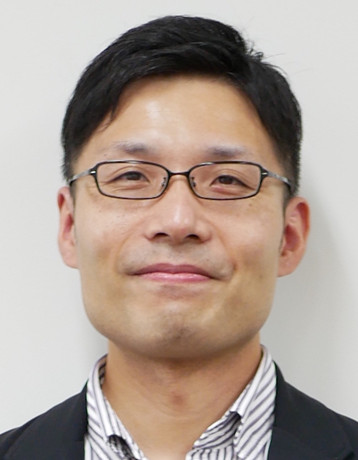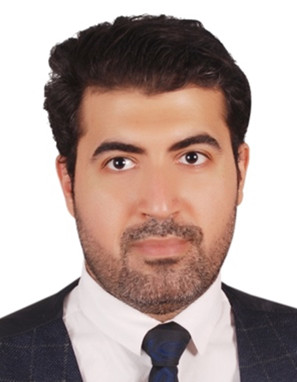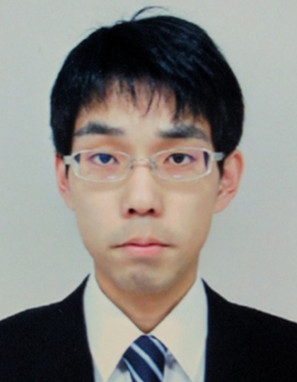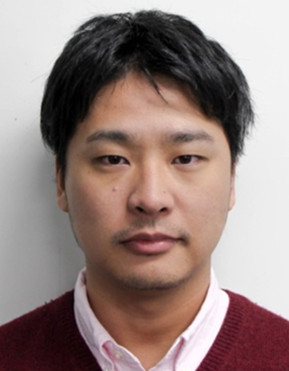Description
Mobile IoT unleashes an extraordinary cycle of innovative applications that target humans, vehicles, and mobile objects, e.g., intelligent asset management. These applications necessitate the smart recognition of objects and their attributes, the real-time tracking of the location and status of things, the on-time understanding of heterogeneous contexts, etc. This tutorial focuses on sensing, recognition, and tracking of humans and objects for mobile IoT applications, which are key enablers for cyber-physical systems and digital twin concepts. The tutorial consists of four parts. First, as for cost-effective and maintenance-free context recognition, we review wireless sensing leveraging RF signal change such as Wi-Fi to recognize various contexts in intelligent spaces. Second, point clouds from LiDAR and depth cameras are also widely used for a precise understanding of 3D physical space. We will review basic point cloud processing, deep learning-based spatial recognition, and applications such as large-scale human tracking in crowded environments. Third, since location is one of the most valuable user-context information, we will discuss the current trends in localization techniques powered by the recent advancement in artificial intelligence (AI). This tutorial will also include the current trends in energy-free location determination technologies. Finally, we show smart healthcare technologies based on sensing data and machine learning for health monitoring to solve the health problem, which is one of the most significant issues worldwide.
Chairs
Dr. Akira, Uchiyama, Osaka University

Akira Uchiyama received the M.E. and Ph.D. degrees in information and computer science from Osaka University, Osaka, Japan in 2005 and 2008, respectively. From 2007 to 2009, he was a Research Fellow with the Japan Society for the Promotion of Science. He was also a Visiting Scholar with the University of Illinois at Urbana–Champaign, in 2008. In 2009, he became an Assistant Professor in the Graduate School of Information Science and Technology, Osaka University. Since 2021, he is an Associate Professor with the same department. His current research interests include mobile sensing and applications in pervasive and ubiquitous computing. He was awarded IPSJ/IEEE Computer Society Young Computer Researcher Award in 2022.
Dr. Hamda, Rizk, Osaka University

Hamada Rizk (IEEE Senior Member) received the M.E. and Ph.D. degrees in computer science and engineering from Tanta University and E-JUST in 2016 and 2020, respectively. He is a Specially Appointed Assistant Professor at Osaka University, Japan. He has been working in mobile and pervasive computing, spatial intelligence, and AI research areas. He has been involved in several projects funded by many academic and industrial organizations such as NTRA Egypt, Uber, USA, ASTEP JST, Kakenhi JSPS, NVIDIA, Japan, etc. He has authored several publications in top journals and conferences and holds a number of patents. Hamada is the recipient of the silver medal in the 2019th ACM SigSpatial competition held in Chicago and was honored as an outstanding young researcher by the HLF foundation, Germany (2019), and by Google (2019 & 2020), among other awards.
Dr. Tatsuya, Amano, Osaka University

Tatsuya Amano received the M.E. and Ph.D. degrees in information and computer science from Osaka University, Osaka, Japan in 2018 and 2021, respectively. From 2018 to 2021, he was a Research Fellow with the Japan Society for the Promotion of Science. Since 2022, he is an Assistant Professor in the Graduate School of Information Science and Technology, Osaka University.
Dr. Teruhiro, Mizumoto, Osaka University

Teruhiro Mizumoto received M.E. and Ph.D. degrees from Nara Institute of Science and Technology, Japan in 2011 and 2014. He was a postdoctoral fellow and assistant professor at Nara Institute of Science and Technology (2016-2018). From 2019 to 2022, he was a Specially Appointed Assistant Professor at Graduate School of Information Science, Osaka University, Japan. Since 2022, he is a Specially Appointed Lecturer at Graduate School of Information Science, Osaka University, Japan. His current research interests are mental health monitoring, internet of things, and home automation.


